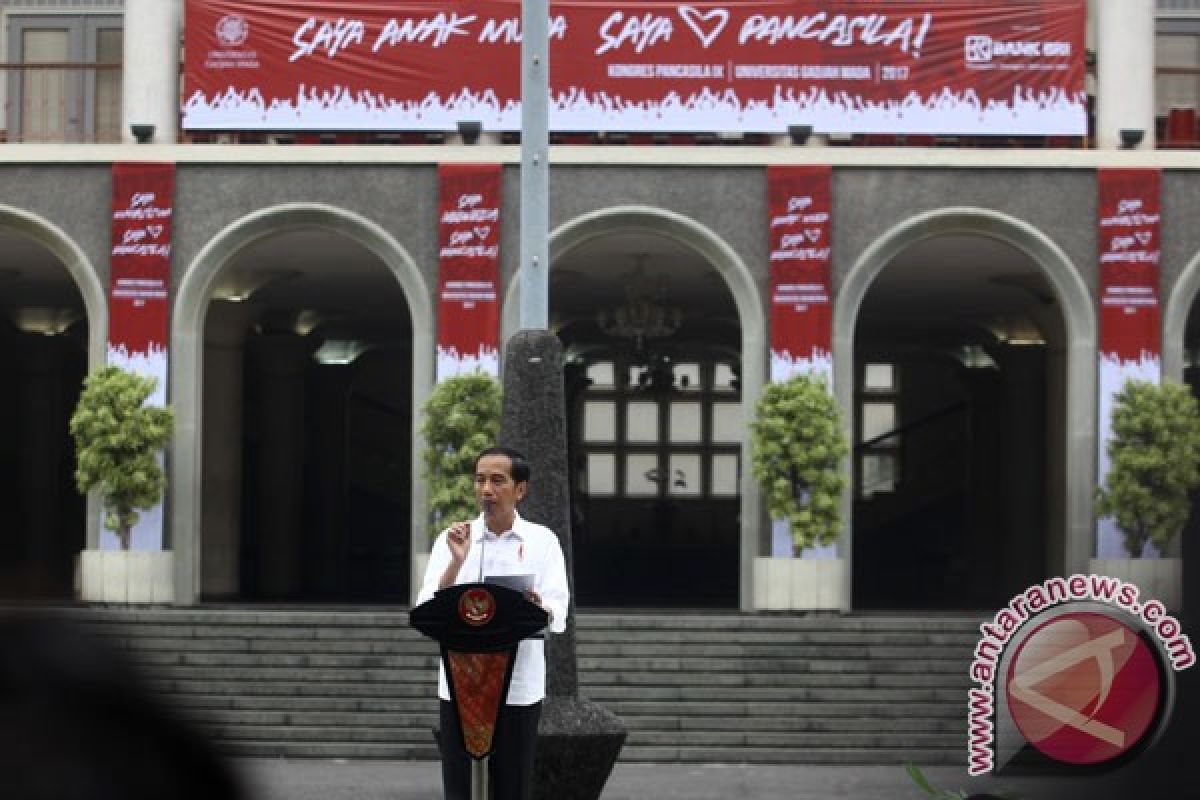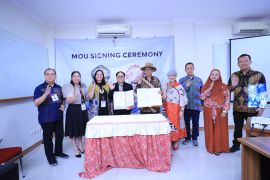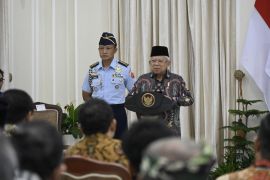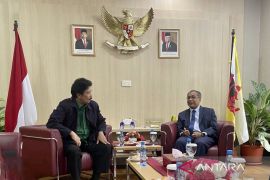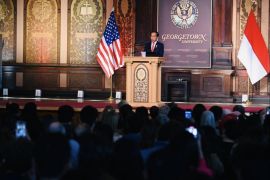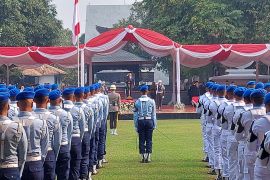"Pancasila has an important role in strengthening the character of the Indonesian nation. We are grateful that our commitment has been unified," Jokowi said.Yogyakarta (ANTARA News) - Pancasila, Indonesias state ideology of five principles, has strengthened the character of the Indonesian nation, President Joko Widodo (Jokowi) said.
"Pancasila has an important role in strengthening the character of the Indonesian nation. We are grateful that our commitment has been unified," Jokowi said, during the 9th Pancasila Congress held at Gadjah Mada University, here on Saturday.
The president remarked that the university had an important role in supporting Indonesia to gain its independence.
He stated that the technology in the world had developed rapidly, starting from transportation to finance and media.
Jokowi pointed out that Generation Y had used the sophisticated technology.
The majority of youth today are of Generation Y, the generation that grew up in the middle of the hustle and bustle of the development of wireless technology.
"Generation Y becomes a potential human resources to be developed as well as a large market.
The president said that these changes should not undermine the character of the nation.
Chairman of the Peoples Consultative Assembly (MPR) Zulkifli Hasan earlier described to university students the concept of Pancasila, as the state ideology, and its implementation in everyday life.
The event to disseminate information on the concept was held at the Pamulang University, South Tangerang, on Friday evening.
On the occasion, the speaker elaborated on Pancasila.
"He also explained how to incorporate the values of Pancasila in everyday life," he remarked.
In addition, Hasan spoke of the 1945 Constitution of the Republic of Indonesia, the concept of the Unitary State of the Republic of Indonesia, and Bhinneka Tunggal Ika, or Unity in Diversity.
The event to raise awareness on the four-pillar concept was attended by more than 200 students of Pamulang University, lecturers, and also the academic community of the university.(*)
Editor: Heru Purwanto
Copyright © ANTARA 2017
